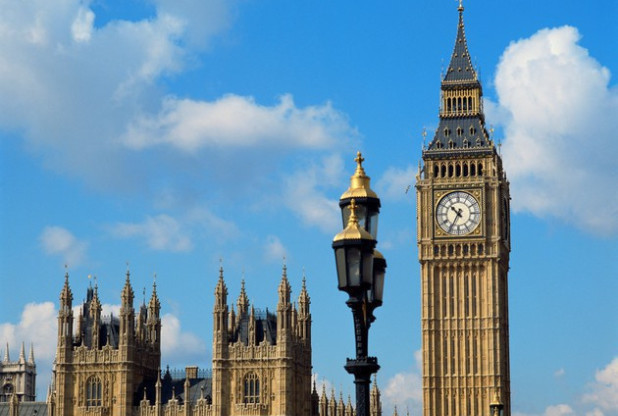
How the Bank of England base rate impacts the hospitality industry
The Bank of England’s base rate, also referred to as the Bank Rate or simply the interest rate, is a key economic tool that affects the cost of borrowing and returns on savings in the UK. Set by the Bank of England, it helps control inflation and maintain economic stability.
Over the past few years, the base rate has fluctuated significantly – from a low of 0.1% in December 2021 to a peak of 5.25% in August 2023. Although it was slightly lowered to 5%, inflationary concerns have prompted the Bank to hold it at this level.
For the hospitality industry, these changes in the base rate are more than just figures – they directly influence business costs and consumer behaviour. As a sector reliant on discretionary spending, it is particularly vulnerable to such shifts.
When the base rate is high, borrowing becomes more expensive. This means hospitality businesses taking out loans to fund renovations, expansion or day-to-day operations will face increased costs. Higher interest rates can strain cash flow, making financial management more challenging.
Additionally, a high base rate discourages consumer spending. As personal loans and mortgages become costlier, people are more likely to reduce non-essential spending on activities like dining out and travelling, which puts further pressure on the sector.
Conversely, a lower base rate can be beneficial for hospitality businesses. It reduces borrowing costs, making it easier for businesses to invest in growth or manage cash flow with low-cost credit. Lower rates also tend to boost consumer confidence, encouraging people to spend more on experiences such as meals out, hotel stays and leisure activities.
However, lower rates also mean reduced returns on savings. Hospitality businesses with substantial cash reserves might find their savings yield less, making it difficult to grow these funds without taking on additional risk.
With the Bank of England’s base rate fluctuating, hospitality businesses need to stay proactive in managing their finances. Kyle Eaton, money.co.uk business insurance expert, has devised some strategies to help:
Review financial commitments: Evaluate any variable-rate loans and consider switching to a fixed rate to guard against future rises in borrowing costs. This is especially relevant for businesses with high levels of debt.
Improve cash flow management: Implement efficient cash flow practices, such as speeding up receivables and delaying payables when feasible. This helps mitigate the impact of rising costs and maintain stability.
Consider pricing adjustments: If costs are increasing due to higher borrowing expenses, it may be necessary to review pricing. However, ensure any changes are communicated carefully to avoid losing customers who are also dealing with higher personal costs.
Explore investment opportunities: If the base rate falls, it could be a good time to reinvest in business growth. Lower borrowing costs make it more affordable to upgrade facilities or expand services, positioning businesses to capture more market share when consumer spending picks up.
Renegotiate supplier agreements: A declining base rate could provide an opportunity to renegotiate contracts with suppliers or utility providers. Locking in better terms can safeguard against future volatility and stabilise costs.
What to expect from the Bank of England’s next announcement
The Bank of England’s next announcement is expected on 7 November 2024. While there is speculation that the base rate could drop further, it is by no means guaranteed. If it does decrease, it would provide much-needed relief to the hospitality sector by reducing borrowing costs and potentially boosting consumer spending. However, businesses should prepare for all possibilities given the uncertain economic climate.
With indicators like inflation, employment rates and consumer confidence under close scrutiny, any change in the base rate will directly affect how hospitality businesses operate. Bank of England Governor Andrew Bailey has suggested that rates could fall more quickly if inflation remains under control, but this depends on various global and local economic factors.
Keywords:
- Inflation
- consumer confidence
- hospitality industry
- consumer spending
- hospitality sector
- interest rates
- Bank of England base rate
- borrowing costs
- economic stability
- business costs
- cash flow management
- financial strategies
- business loans
- price adjustments
- supplier agreements
- Bank of England announcement
- economic impact
- business investment
- business growth
- financial planning





